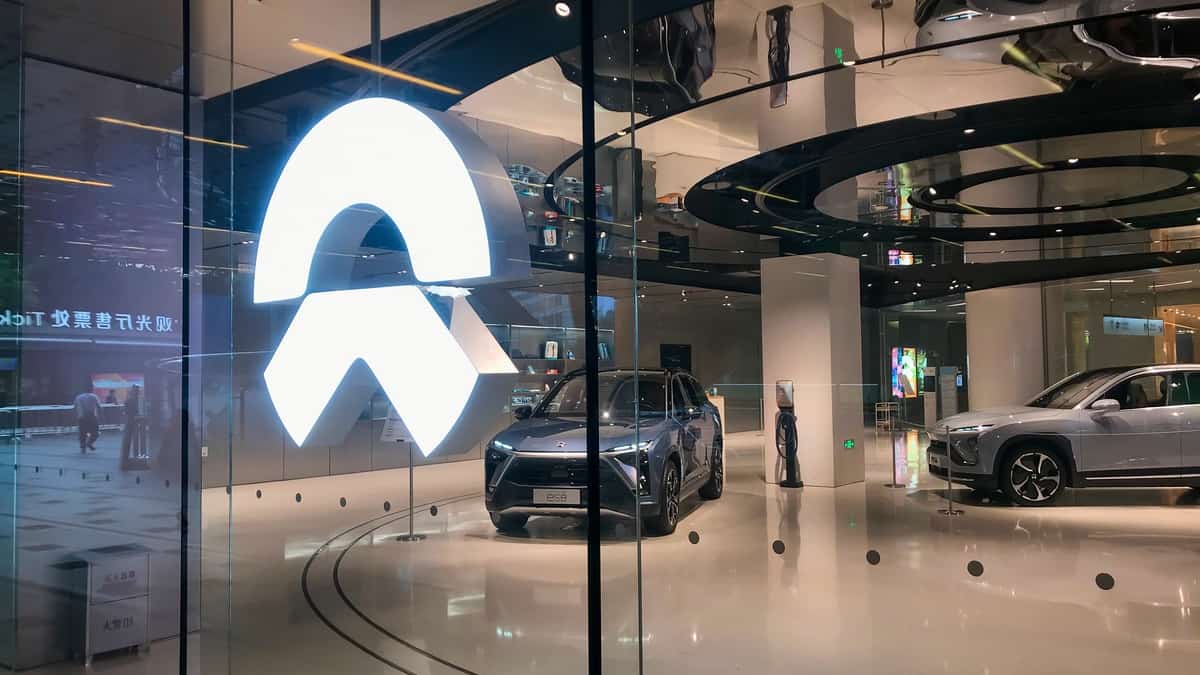Chinese electric automaker NIO has achieved its 50 millionth battery swap service milestone early this month, signifying a significant advancement in its signature service.
NIO’s battery swap service tops 50 million
NIO announced Monday the successful achievement of its 50 millionth battery swap service on August 5 at 11:33 pm Beijing time, according to the company’s recent Weibo post.
This major accomplishment signifies NIO’s provision of a cumulative total electricity of 2.62 billion kWh through its battery swap network, which is sufficient to power over 1.31 million households annually.
NIO further disclosed that battery swap stations provide almost 60% of the power accumulated by its electric vehicles. Even more, the company outlined that its battery swap service has saved EV owners over 2.85 billion minutes compared to public charging.
As for the monetary measure, NIO claimed that its battery swap service has enabled owners to save over RMB 20.3 billion yuan ($2.85 billion) compared to gas-powered counterparts. This amount equates to an average of RMB 36,000 yuan per NIO EV owner.
NIO’s battery swap network milestones
NIO has already deployed 2,464 battery swap stations in China to date. Of that total, 825 stations are located along highways.
NIO established its inaugural battery swap station in Shenzhen on May 20, 2018. After 29 months, the company achieved its first millionth battery swap service.
The battery swap service hit its ten millionth milestone on July 4, 2022, four years after inception. The company crossed the 20 million battery swaps mark on April 3, 2023, just nine months since the ten millionth milestone.
On October 9, 2023, the company secured 30 million cumulative battery swap services. The 40 millionth milestone followed on March 14, 2024.
On August 5, 2024, NIO finally achieved its 50 millionth battery swap service milestone.
Battery swap model gains traction as industry standard
So far this month, NIO’s battery swap network has already completed an average of 79,000 services per day. Interestingly, the company also disclosed that, on average, one NIO EV gets a battery swap every 1.1 seconds.
All that said, the battery swap model is indeed gaining momentum as a potential industry standard for electric vehicles. This technology offers several advantages over traditional charging, such as faster replenishment times and the potential to extend battery life.
As more automakers and infrastructure developers adopt this technology, it could further accelerate the wider EV uptake.

